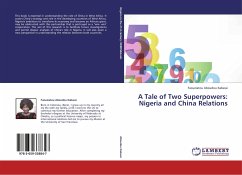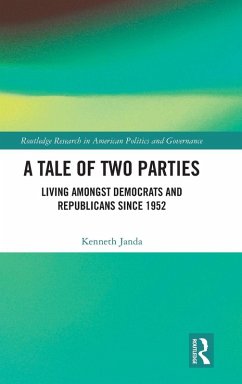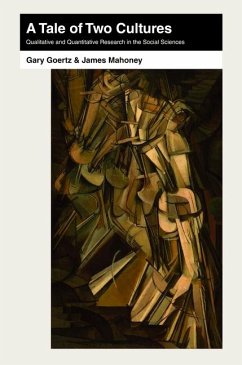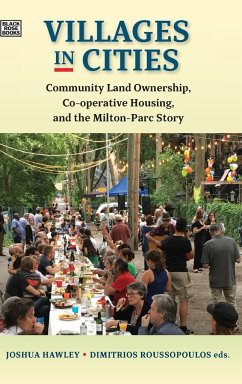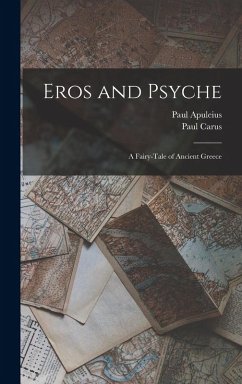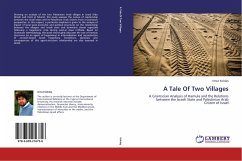
A Tale Of Two Villages
A Gramscian Analysis of Hamula and the Relations between the Israeli State and Palestinian Arab Citizen of Israel
Versandkostenfrei!
Versandfertig in 6-10 Tagen
52,99 €
inkl. MwSt.

PAYBACK Punkte
26 °P sammeln!
Drawing on analysis of the two Palestinian Arab villages in Israel (Abu Ghosh and Umm al Fahem), this study assesses the nature of relationship between the Israeli state and its Palestinian Arab citizens from a Gramscian perspective. In this respect, a particular emphasis is given to the analysis of impact of local socio-economic and political structures on the relationship between the villagers and Israeli state and dominant classes especially following a hegemonic crisis during post-al Aqsa Intifada. Based on Gramscian methodology, this book thoroughly discusses the role of hamula structures...
Drawing on analysis of the two Palestinian Arab villages in Israel (Abu Ghosh and Umm al Fahem), this study assesses the nature of relationship between the Israeli state and its Palestinian Arab citizens from a Gramscian perspective. In this respect, a particular emphasis is given to the analysis of impact of local socio-economic and political structures on the relationship between the villagers and Israeli state and dominant classes especially following a hegemonic crisis during post-al Aqsa Intifada. Based on Gramscian methodology, this book thoroughly discusses the role of hamula structures (as an agent of hegemony) in internalization and reproduction of consent-based Israeli hegemony. Conditions, dynamics and consequences of this agent-structure relationship are also assessed in detail.



